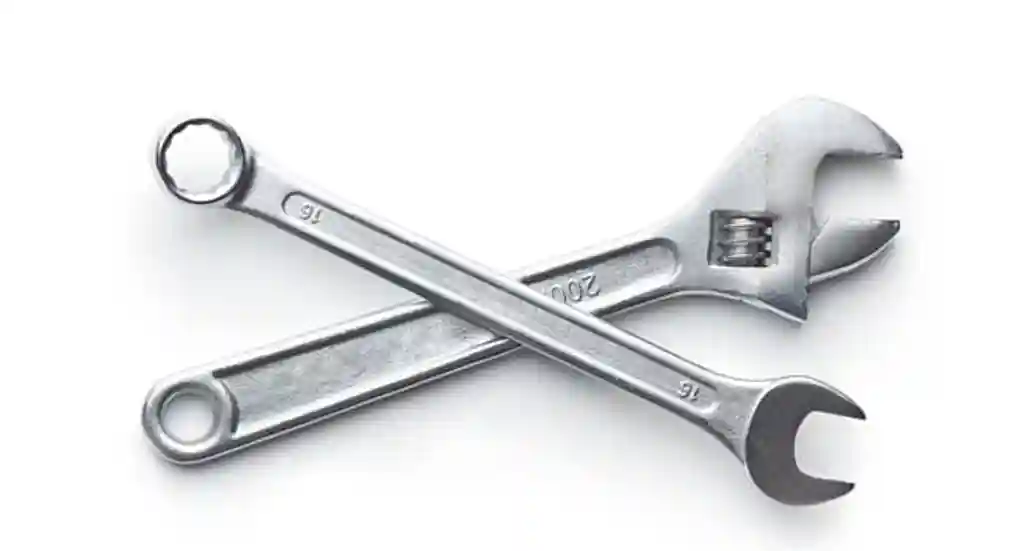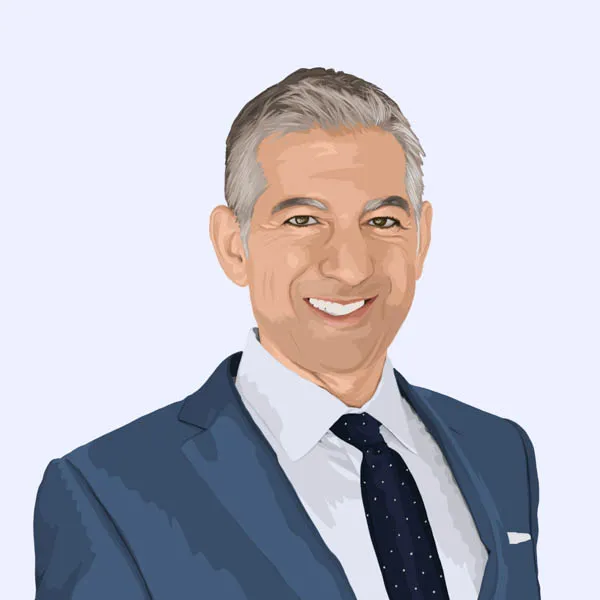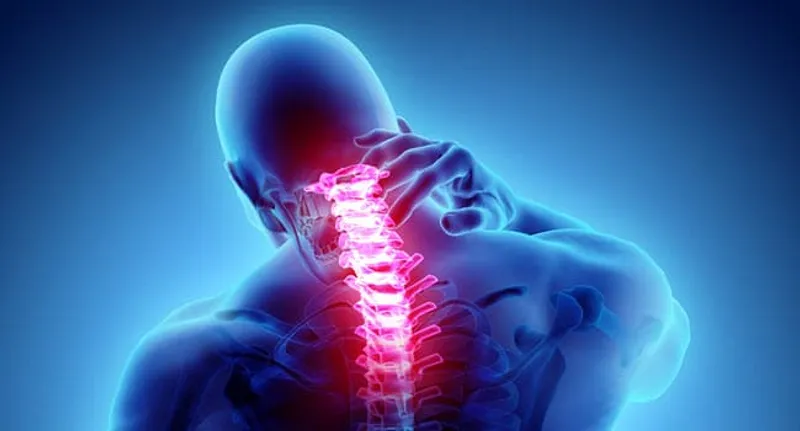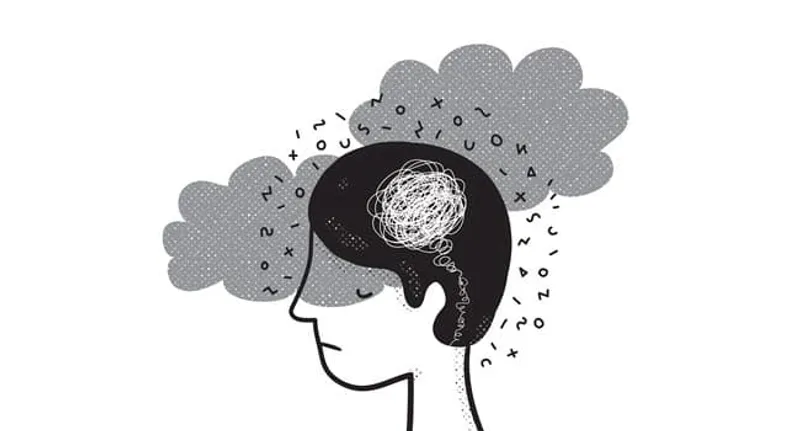
As my patients can tell you, I’m a big fan of positive thinking. But there are times when an overly optimistic attitude or misguided belief about what’s possible can actually get in the way of healing. One example of this, which I see often, is the notion that there is a cure or fix for everything that hurts.
Quite understandably, many patients go to their doctors with the goal of getting fixed. They want to find out what the problem is, get it fixed, make the pain go away, and then move on with their lives. But humans are not machines – you can’t just replace or repair a broken part and then everything runs as good as new. The pain you experience is often the product of many interconnecting factors and not just one simple cause. Human beings simply don’t come with an easy-to-read owner’s manual.
Back pain is a prime example. Back pain or sciatica may indeed start with a trigger, like a herniated disc or a lifting injury. But a single targeted tissue injury can quickly lead to a train of events that include back muscles tightening up, joints stiffening, and nerves to malfunction. As this happens, the back gets harder to move, the legs get weaker, and it becomes increasingly difficult to sleep, get comfortable, or go to work. If this situation continues, then a person can easily become anxious, depressed, withdraw from friends and family, and feel the pinch of lost income.
Expecting that all of these complex and interconnected problems will get solved simply by undergoing back surgery to “fix” something structural can turn out to be a recipe for disaster. Recovering from an extensive back surgery like a fusion can mean months or years of recovery without a guarantee of substantial and lasting pain relief. Regardless of the treatments you choose, I think it helps to adopt the mindset of healing from what hurts as opposed to focusing on a quick fix or cure. Muscle imbalances, inflamed joints, herniated discs, and injured nerves can all go through a recovery process, and the more time and attention we put into that, the better the outcome.
And it’s not just the body that needs to heal. The psyche and soul of the person in pain need a path to ease uncomfortable mood changes and provide relief from overwhelming stress. Continuous pain can trigger a “flight or fight” response, which leads to changes in the nervous system, endocrine system, and immune system that keep us constantly on edge and in panic mode. One surgery or treatment won’t necessarily restore emotional balance and make all of this disappear.
Healing can also mean acceptance of what is, with all of its imperfections. For instance, a natural part of how the body heals is to lay down scar tissue. A broken bone or torn tendon can heal, but it won’t look exactly the way it did before the injury. We can’t go back in time and look, move or feel exactly the way we did years ago, so it’s better to focus our time and energy on making today the best it can be. Acceptance is not giving up, but rather reaching an understanding of how we can be the best version of ourselves after all that we have gone through.
Both the human body and the human spirit are designed to heal, repair, and restore itself when injured. Shifting from a “fix it” mindset to one focused on healing can open up new doors toward better pain management and well-being.
Important:The opinions expressed in WebMD Blogs are solely those of the User, who may or may not have medical or scientific training. These opinions do not represent the opinions of WebMD. Blogs are not reviewed by a WebMD physician or any member of the WebMD editorial staff for accuracy, balance, objectivity, or any other reason except for compliance with our Terms and Conditions. Some of these opinions may contain information about treatments or uses of drug products that have not been approved by the U.S. Food and Drug Administration. WebMD does not endorse any specific product, service or treatment.
Do not consider WebMD Blogs as medical advice. Never delay or disregard seeking professional medical advice from your doctor or other qualified healthcare provider because of something you have read on WebMD. You should always speak with your doctor before you start, stop, or change any prescribed part of your care plan or treatment. WebMD understands that reading individual, real-life experiences can be a helpful resource, but it is never a substitute for professional medical advice, diagnosis, or treatment from a qualified health care provider. If you think you may have a medical emergency, call your doctor or dial 911 immediately.









